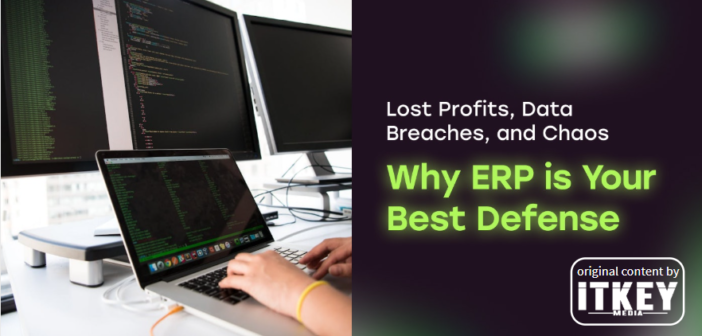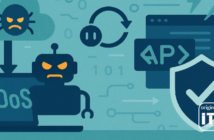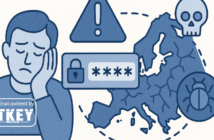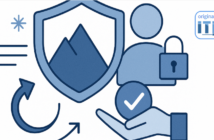Every business faces risks—financial losses, compliance failures, cybersecurity threats, and operational inefficiencies. These risks can erode profits, damage reputations, and threaten business survival without the right safeguards. As the head of ERP solutions at Digicode, Dmytro Karaptan shared his experience and highlighted ERP as the key to financial stability and operational security.
Beyond streamlining operations, modern ERP solutions provide robust risk management tools, helping companies identify, mitigate, and prevent costly errors before they happen.
How ERP Enhances Security and Compliance
Risk management is a complex, ongoing process. Businesses must ensure data security, regulatory compliance, and operational accuracy – without overwhelming internal teams. Advanced ERP systems address these challenges by:
- Manage user access and security: using attribute-based access controls (ABAC) and field-level data masking to prevent unauthorized access.
- Providing real-time monitoring: with dashboards, alerts, and predictive analytics to detect anomalies before they escalate.
- Automating compliance processes: reducing manual reporting errors and ensuring adherence to regulations in finance, healthcare, and manufacturing industries.
With ERP, companies comply with industry standards and minimize exposure to fraud, data breaches, and costly penalties.
Reducing Financial and Operational Risks
ERP software eliminates many risks associated with outdated or fragmented business processes. Companies that rely on spreadsheets or disconnected systems often suffer from inaccurate data, duplicated efforts, and a lack of transparency.
By implementing an ERP system, businesses can:
- Ensure financial accuracy: automating budgeting, invoicing, and expense tracking to prevent miscalculations.
- Optimize supply chain management: reducing delays, improving inventory accuracy, and ensuring seamless vendor collaboration.
- Enhance business continuity: ensuring that all critical data is backed up and accessible in case of system failures or external disruptions.
A prime example is Fulton & Roark, which overcame financial inefficiencies by adopting an ERP solution. The result? Faster decision-making, streamlined operations, and significant revenue growth – all while mitigating financial risks.
The Future of ERP in Risk Management
ERP solutions continue to evolve, incorporating AI-driven analytics, machine learning, and cloud-based security enhancements. These advancements allow companies to:
- Predict risks before they materialize: leveraging AI-powered insights to detect patterns and forecast financial or operational risks.
- Adapt quickly to regulatory changes: ensuring compliance with evolving laws and standards without disrupting business operations.
- Strengthen resilience against cyber threats using built-in encryption, multi-factor authentication, and automated security updates.
Summing Up: A Smarter, Safer Way to Do Business
ERP systems serve as a company’s first line of defense in an era of increasing financial, operational, and cybersecurity risks. They eliminate inefficiencies, enhance security, and provide real-time oversight – ensuring businesses survive and thrive in a volatile market.
For organizations looking to reduce risks, improve compliance, and safeguard their bottom line, investing in ERP technology is one of the smartest business decisions they can make.
With real-time monitoring, automated compliance, and strong security controls, the right ERP solution keeps your business protected, profitable, and prepared for whatever comes next.

Dmytro Karaptan has a bachelor’s degree in Business Administration from the International Science & Technology University and a Master of Business Administration from Kyiv National Economics University. He also received his Project Management Professional (PMP) certification from the Project Management Institute and is a Microsoft Certified Dynamics Specialist.
Dmytro joined Digicode as an ERP Program Manager to establish its ERP implementation business line, which helps SMBs implement appropriate Microsoft Dynamics 365 ERP solutions.
His team helps automate supply chain and finance processes and integrate them with external tools and systems. By gaining a deep understanding of clients’ businesses, his team delivers tailored ERP systems and provides comprehensive go-live support.





